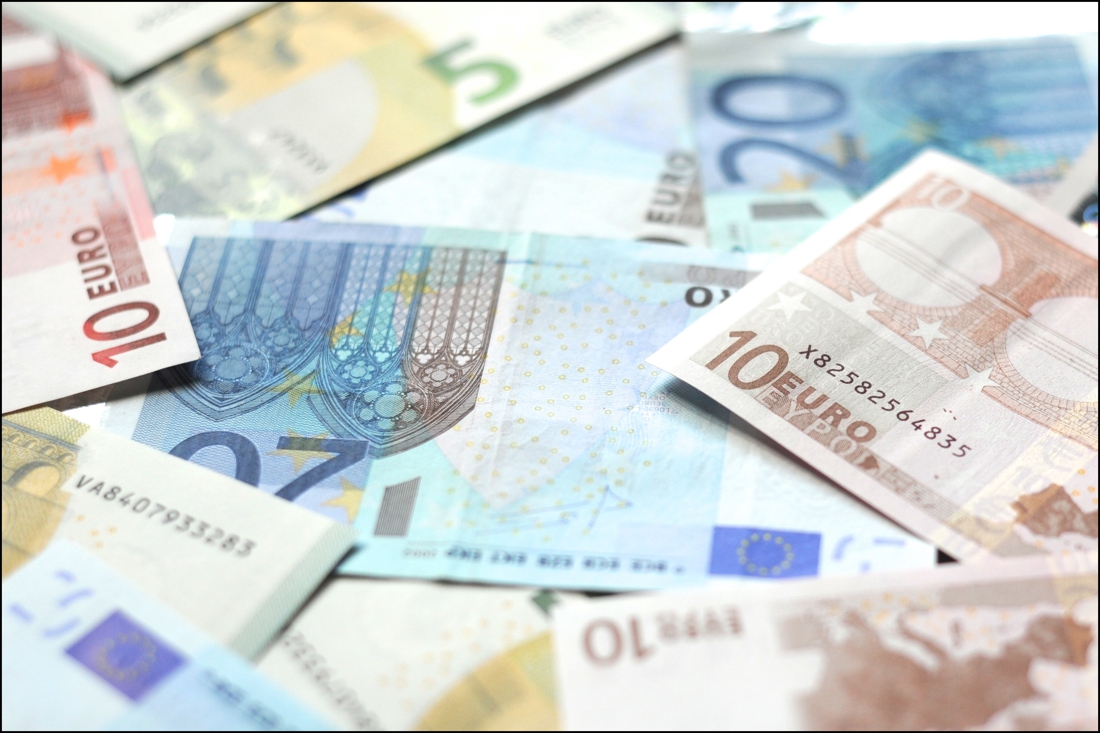Banks continue to process thousands of billions in potentially criminal proceeds, kickbacks and other ‘dirty money’. This is evident from classified American documents that the International Consortium of Investigative Journalists (ICIJ) was able to investigate.
–
More than 2,100 documents mention more than 2,000 billion dollars (1,700 billion euros) in suspicious transactions, according to the investigation that was given the name FinCEN Files. More than 360 documents contain a reference to Belgium, so write The time, Knack in The evening, who participated in the study from Belgium.
FinCEN is the abbreviation for Financial Crimes Enforcement Network, the American anti-money laundering unit. More than 2,100 suspicious transactions reported to FinCEN by the banks themselves, mainly between 2011 and 2017, were leaked. The suspicious transactions are often not reported to the anti-money laundering unit until months or even years after their execution.
About three hundred of those transactions mention Belgium, says an investigative journalist The time Lars Bové to VRT. According to Bové, only 300 million euros in fines for suspicious transactions have been issued in our country in the last 10 years.
Russian oligarchs
“The documents show how some of the largest banks in the world have allowed criminals to send dirty money around the world,” said British public broadcaster BBC. “They also show how Russian oligarchs have used banks to circumvent sanctions designed to prevent them from getting their money in the West.”
Often the owners of the money make use of mailbox companies or other constructions to conceal their identity. Customers with an address in the British Virgin Islands appear in one in five leaked documents.
The reports reflect the concerns of watchdogs within the banks. They do not in themselves constitute evidence that a criminal transaction or other offense took place, ”emphasizes the ICIJ.
Belgian banks
All major Belgian banks also appear in the documents, so write The time, Knack in The evening. Their accounts have been used for suspicious cash flows ranging from a few thousand to several million euros. In one case, half a billion dollars was transferred in one go from a Belgian bank account to an account in the name of a PO box company in the British Virgin Islands. It was considered suspicious by American banks, because it was not at all clear who was behind it and where the money came from.
The Belgian anti-money laundering unit received 74,273 reports of suspicious transactions from the banks between 2010 and 2019. “Banks must be vigilant, ask customers questions preventively, and not allow certain transactions,” says Kris Meskens, the secretary general of the Belgian anti-money laundering unit.
The documents from ‘FinCEN Files’ reached the ICIJ via the news medium BuzzFeed. The traffic jams were searched for 16 months by more than 400 journalists from 88 countries.
– .


